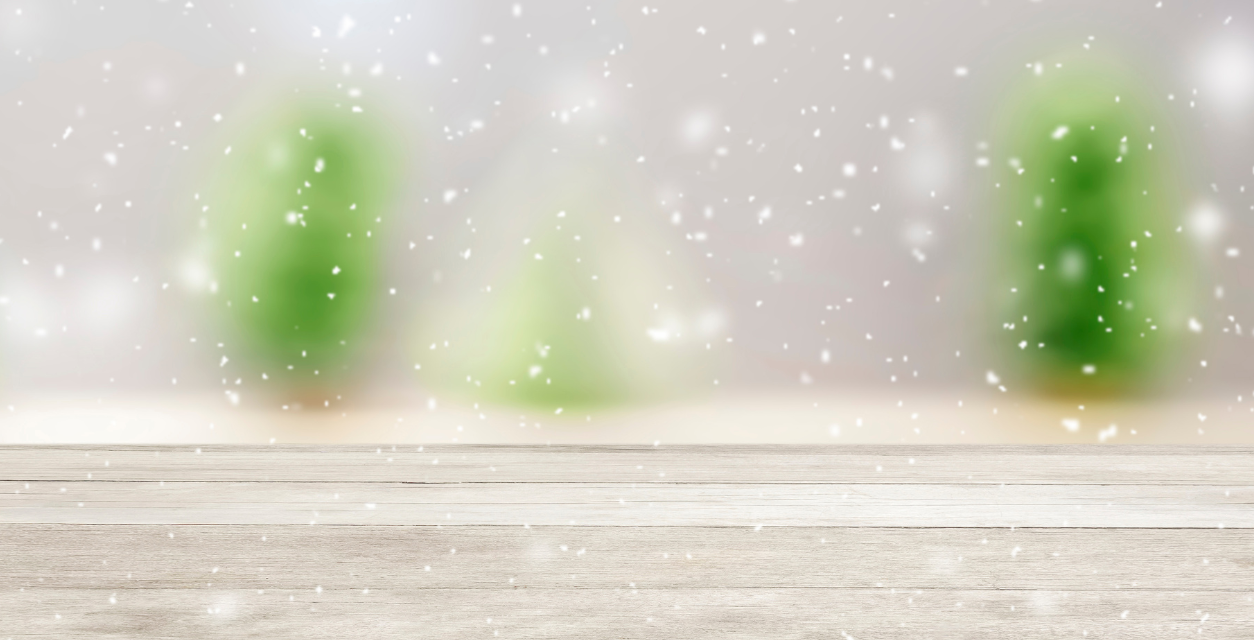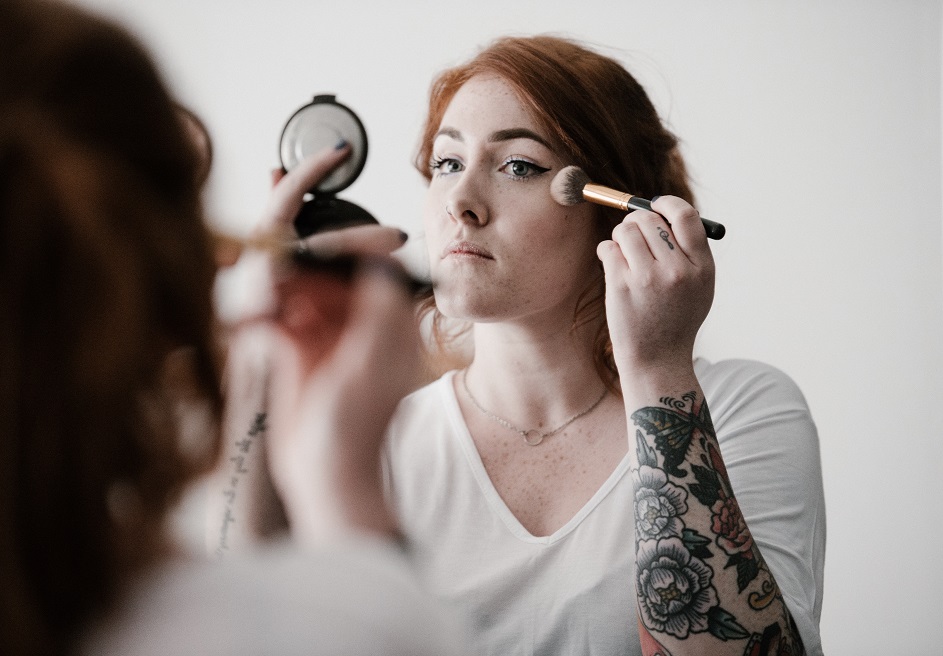The holidays usually instill one of two feelings into individuals: joy or stress. The joy of the season comes as we spend time with the ones we love and give back to those in need. Holiday stress can feel like sheer and utter terror as we think of dealing with relatives we spend the entire year avoiding. As friends started to hit major milestones like marriage and kids, my holiday stress increased. The subtle questions from family about who I’m dating, when I might be more “committed”, or if there would be “little ones” running around soon created enormous stress. Now, the anxiety of helping my daughter, age 5, navigate interactions with individuals she hasn’t seen all year brings holiday stress. Let’s talk about how you can set boundaries for yourself, and your children. As well as, learn how to better cope with all those anxious feelings welling up inside. It’s time to find the joy of the season that seems to have gotten lost.
Love Yourself
One of my favorite quotes from researcher, Brené Brown, “Daring to set boundaries is about having the courage to love ourselves even when we risk disappointing others.” I don’t think anything has ever felt more accurate when it comes to family. We have this biological urge to have the approval of our family, to “fit in,” to be accepted. It is LITERALLY what everyone wants. As humans we are social creatures and need connectedness with others to thrive. It is part of our extrinsic value, the value we feel from others, but what many of us forget is our intrinsic value, the value we hold of ourselves. Often, we sacrifice our intrinsic value to get extrinsic value from others in the hopes that we can fit in. But what are we losing in the process?
Set Boundaries
Setting a boundary is about valuing yourself enough to decide what you don’t want to accept from others anymore. This boundary looks different for everyone. For me, it was when my mom passed away. Everyone had an opinion of her as a person and thought now that she was gone, they were free to share. It hurt me. She was my mother and part of my identity. For some, I stopped visiting. The travel and my time (I repeat MY time) was more valuable. For others, it was a difficult conversation — letting them know how those comments affected me. Some got it and we were able to move forward. For those who didn’t, it is now an off-limits topic. If they start, I walk away or redirect the conversation.
My therapist once said, “you get to choose how you remember your mother.” That is one of the most empowering things I had ever heard. It is what gave me the strength to make those hard decisions, for my mother’s memory and my own mental health. This season I encourage you to CHOOSE how you want to experience your holidays. Set the boundaries you need to achieve that. When you feel more self-acceptance, it is easier to find the acceptance of others and disregard the lack of acceptance.
Boundaries for Your Child
Show of hands, how many of you grew up in families where at every gathering you are told something along the lines of “give (insert family member name) a hug”? Sound familiar? How many of you dreaded this moment? Hated this moment? Felt awkward and didn’t want to be touched? I have spent the better part of almost 10 years now advocating for the prevention of child abuse and this gives me chills every time I think about it.
Many of you would argue that it is disrespectful to not “hug” or “touch” a family member as a form of greeting. I challenge that with the simple question: Respect for whom? You, the child, or the family member? Remember extrinsic value often superseded our intrinsic one. What we are losing in the process? In this case, in fear of trying to be “respectful,” we lose body autonomy — often for our children, but even for ourselves.
Body Autonomy
What is body autonomy you ask? Check out more about it here. For more resources, I encourage you to explore the Darkness to Light website. When we lose the power to say we are uncomfortable in a situation, because we are threatened with discipline or punishment if we don’t comply, we make ourselves vulnerable to others. Abusers will use the same verbiage “if you don’t give me a hug or touch (insert body part), I’m going to tell your parent. You will be in trouble.” As a survivor of child sexual abuse, growing up in this type of family set me up for abuse. When my daughter was born it was a hot button topic. I have stood my ground and feel better knowing she is comfortable telling people “no.”
How to Cope
Anxiety is the body’s response to fear. Fear is an emotional stimulus evaluating risk and the unknown. When we experience fear, our bodies experience enormous biofeedback with adrenaline, cortisol and other chemicals of the parasympathetic and sympathetic nervous system. This affects breathing, heart rate and other nervous system functions. All of these we have the power to regulate. Breathing is our best friend. I really love the 4-7-8 breathing technique that Dr. Weil uses. When we experience anxiety, we breathe shallower which creates panic in the brain and induces anxiety. Getting more oxygen to the brain can help reduce those feelings. Progressive muscle relaxation is also a great technique to help calm the body by simply tightening and relaxing various muscle groups. Therapist Aid has a wonderful script you can follow here. Lastly, remember that avoiding anxious situations makes them worse. Here are two videos to help you understand the Cycle of Anxiety and the empowering power of doing it scared @elysemyers.













